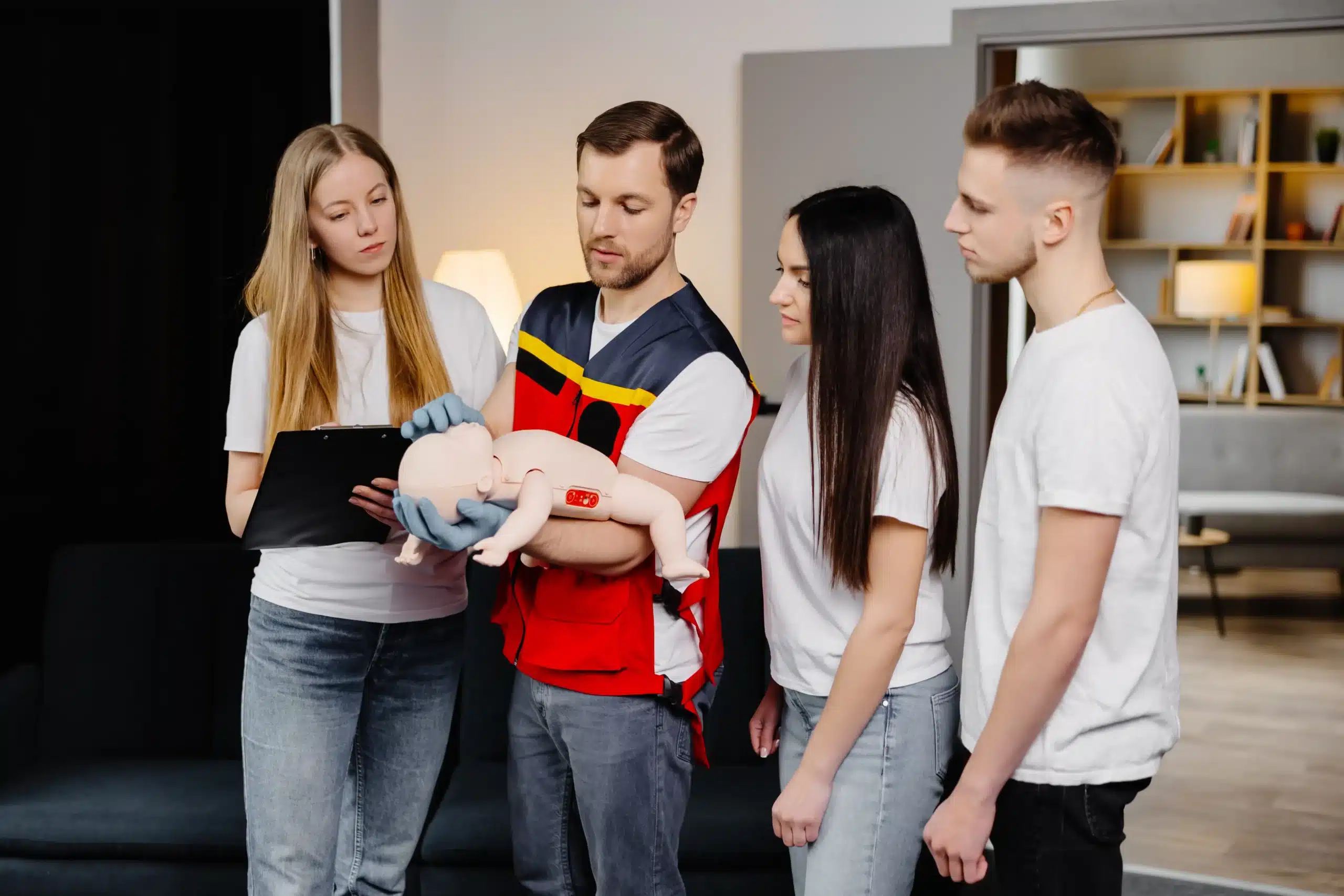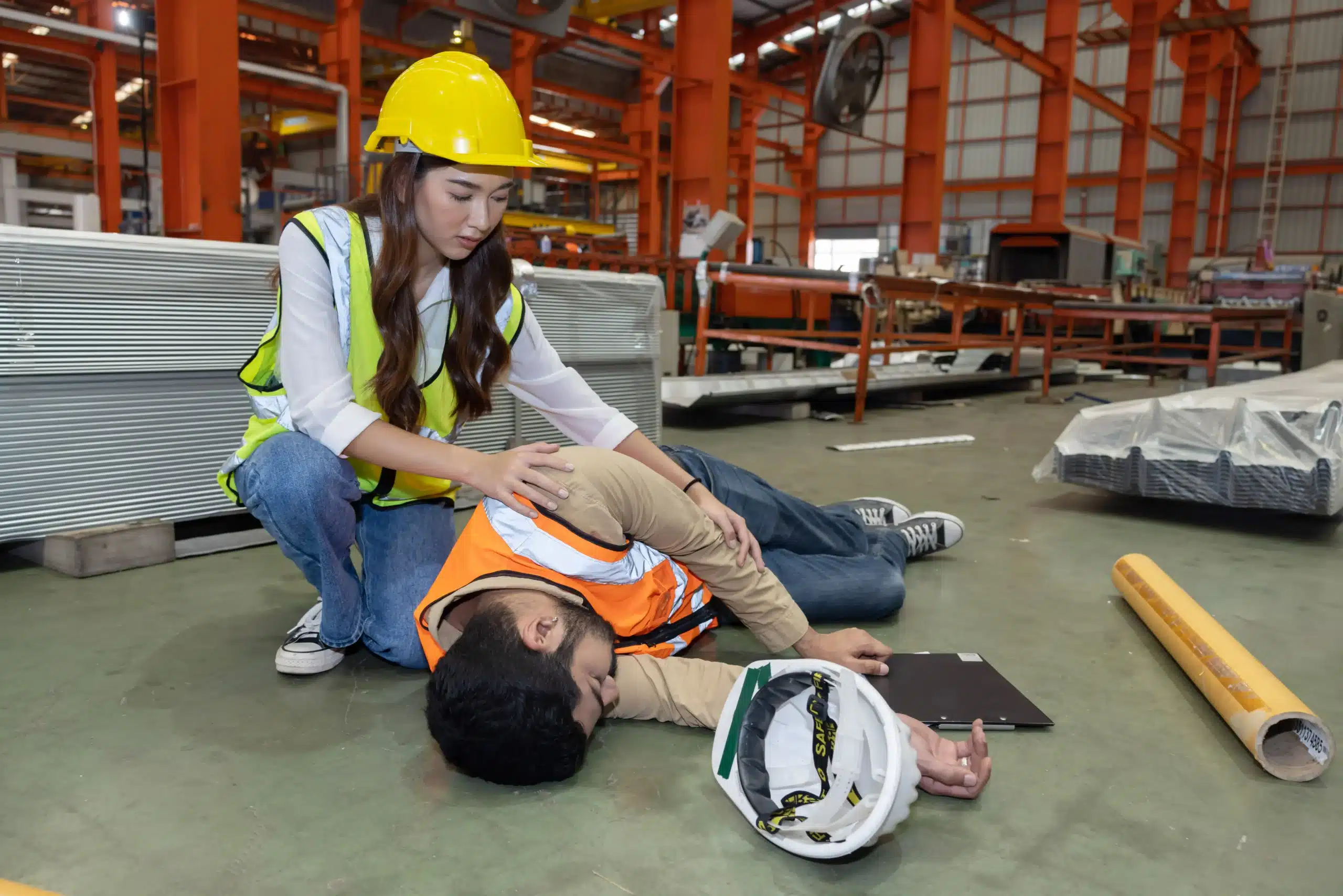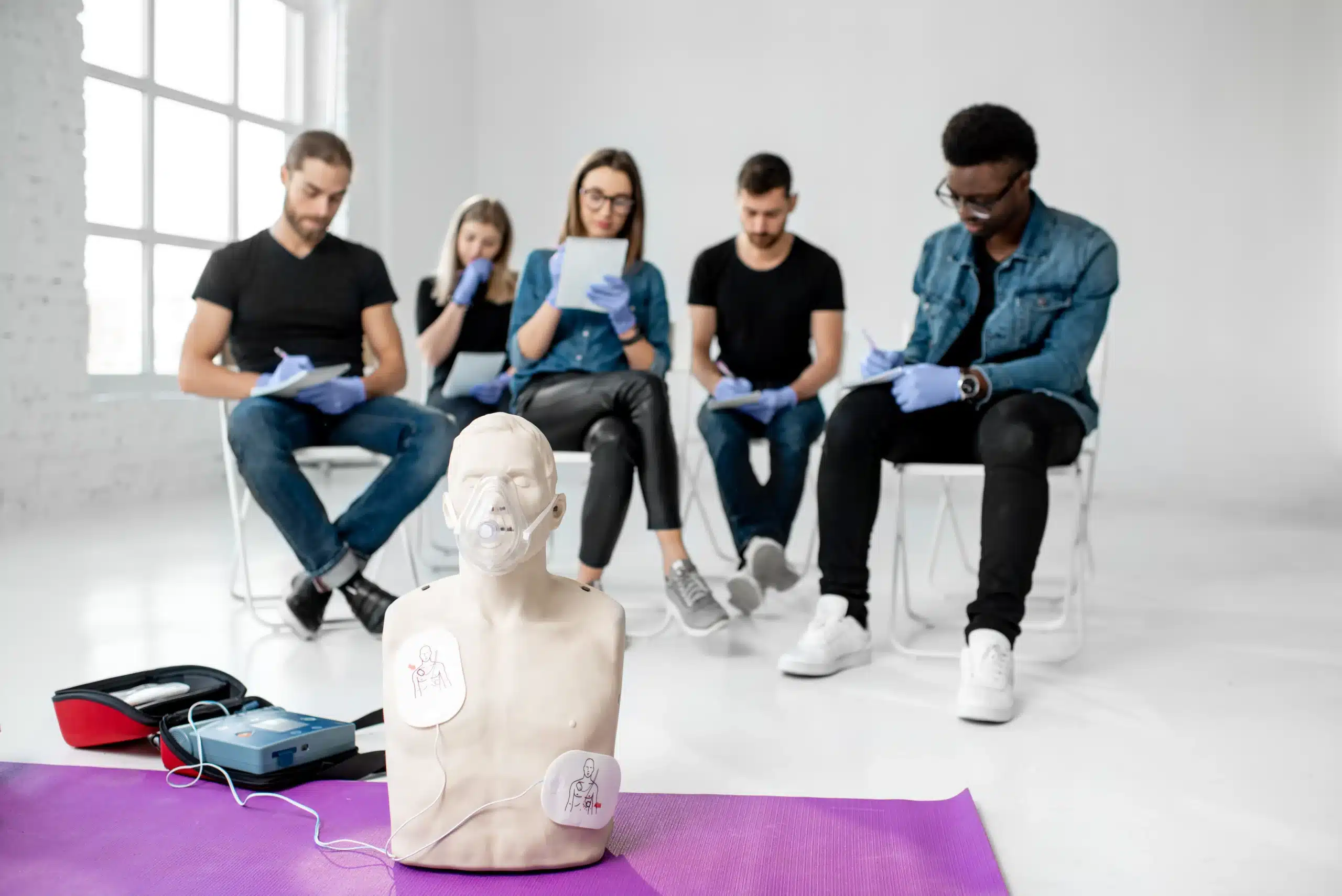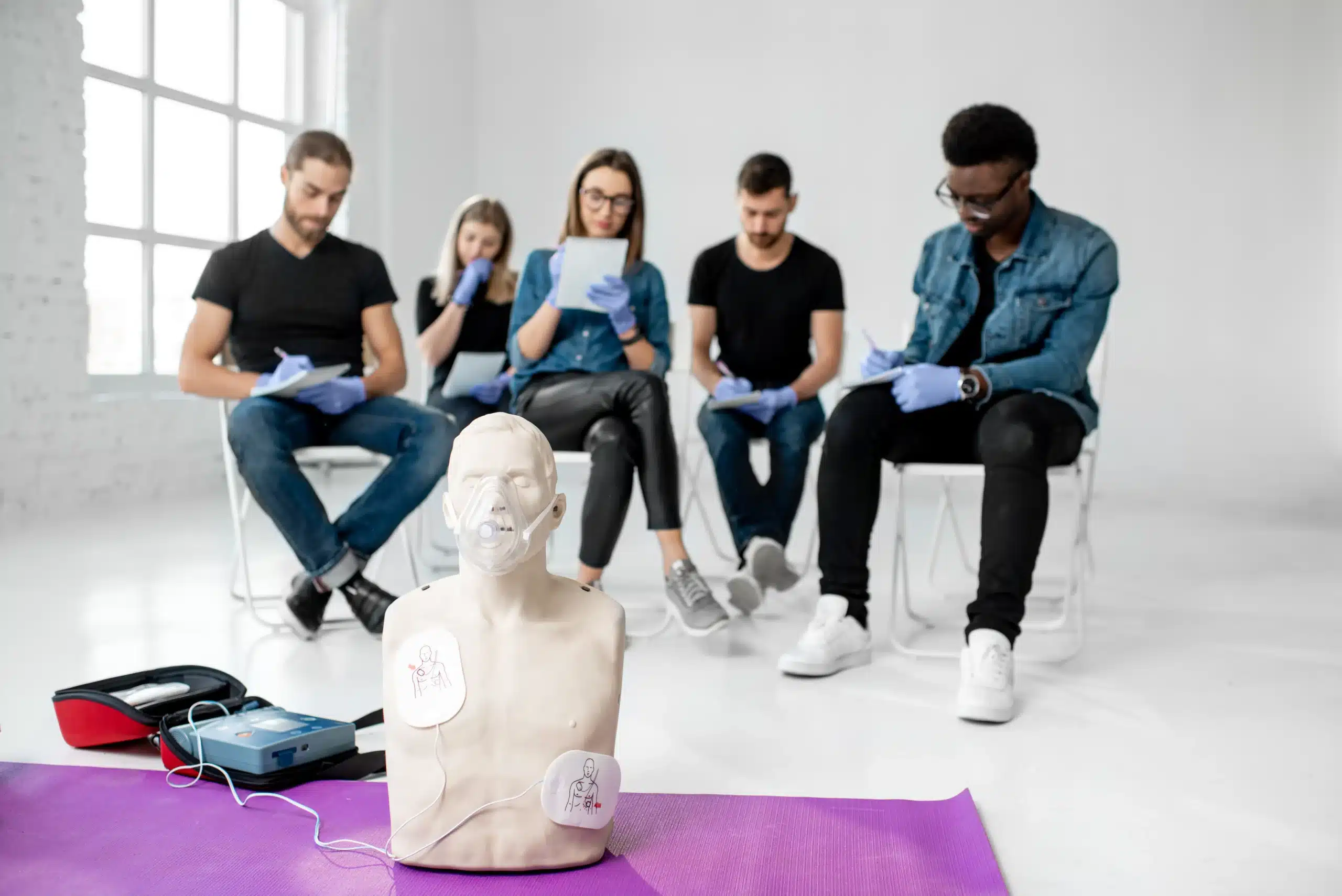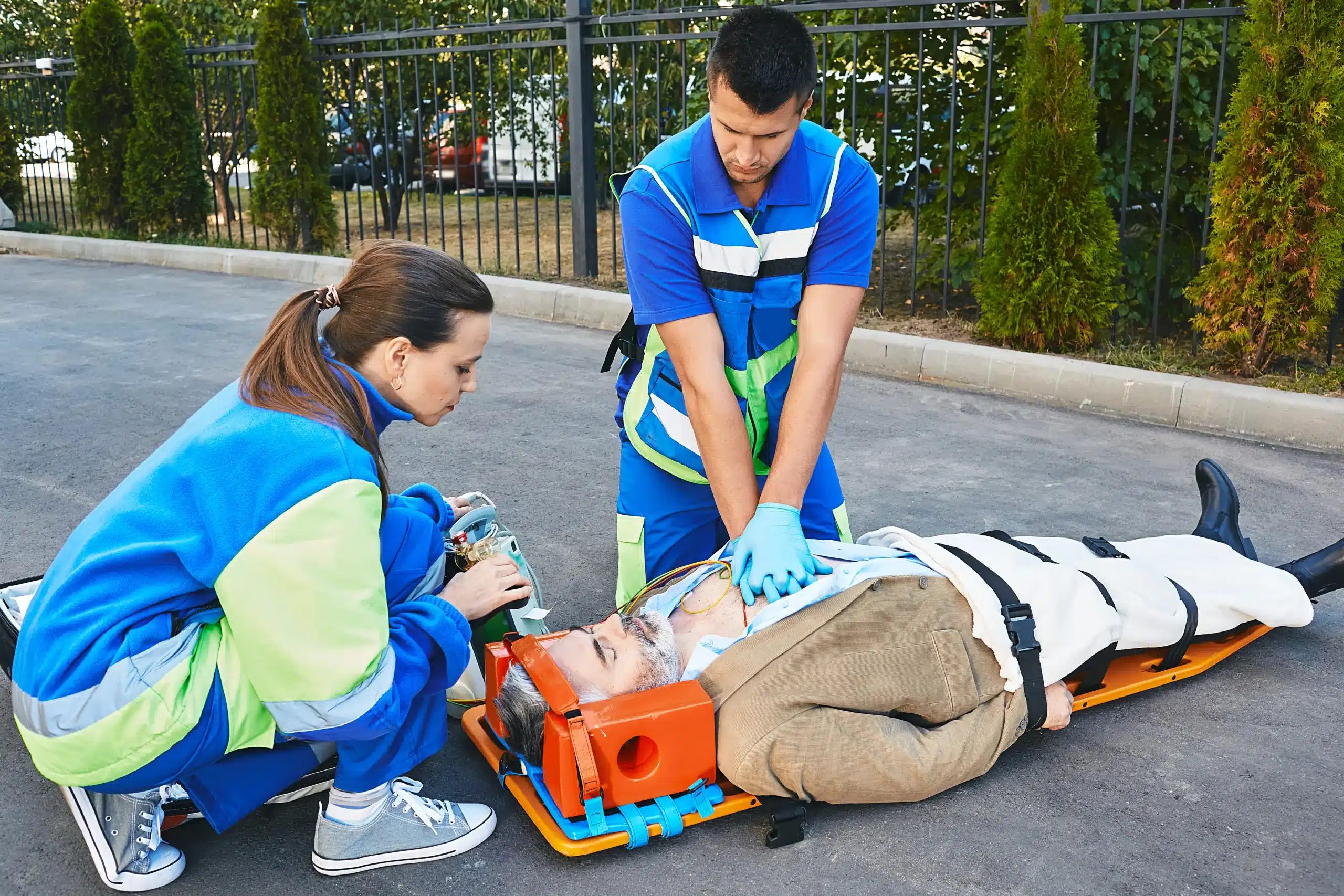Cardio-pulmonary resuscitation (CPR) is a life-saving technique that everyone should know how to perform. It involves a series of actions designed to help someone who has stopped breathing or whose heart has stopped. In a healthcare setting, being proficient in performing CPR can mean the difference between life and death for a patient. In this blog post, we will be discussing why CPR is so important in healthcare.
1. People’s lives are at stake
Healthcare workers, especially those in emergency medicine, will undoubtedly face situations where they need to resuscitate a patient. During such emergencies, the first person to respond to the situation is critical in determining whether a patient’s life is saved or not. It is, therefore, essential that all medical professionals are proficient in performing CPR. When an emergency happens, the patient’s life is at stake, and how the medical team responds to the situation can make all the difference in the world.
2. Time is of the essence
In a healthcare setting, time is of the essence. It is important to perform life-saving interventions as soon as possible. CPR is one such intervention that must be started as soon as possible. The longer the patient goes without receiving CPR, the greater the chances of the patient not surviving. Therefore, as soon as a patient’s breathing or heartbeat is absent, CPR should be initiated right away.
3. CPR can improve patient outcomes
Many studies have shown that performing CPR can improve patient outcomes. CPR is designed to keep the blood flowing to vital organs, including the brain. The longer the brain goes without oxygen, the higher the chances of long-term damage and death. Cardiopulmonary resuscitation can also help to restore a patient’s breathing, making it possible for them to survive until advanced medical care arrives. Thus, knowing how to perform CPR can give healthcare workers the ability to save lives.
4. CPR complements other life-saving interventions
When performing CPR, healthcare workers initiate what is known as the Cardiac Chain of Survival, which includes five life-saving interventions. The chain includes Early Recognition and Activation of Emergency Response, Early High-Quality CPR, Rapid Defibrillation, Effective Advanced Life Support, and Integrated Post-Cardiac Arrest Care. All the steps in the chain of survival are critical, but CPR remains the foundational step that enhances the chances of a patient’s survival.
CPR is an incredibly important technique that every healthcare worker must know how to perform. It can save the lives of patients whose hearts have stopped beating or whose respirations have ceased. Knowing how to perform CPR can give healthcare workers the ability to initiate the Cardiac Chain of Survival, help save lives, and can make a significant impact on patient outcomes. Therefore, it is crucial that all healthcare workers receive CPR training to ensure they can confidently and effectively perform CPR in a medical emergency.



